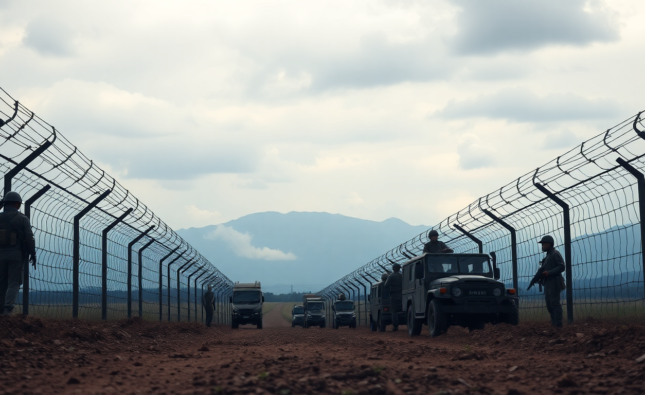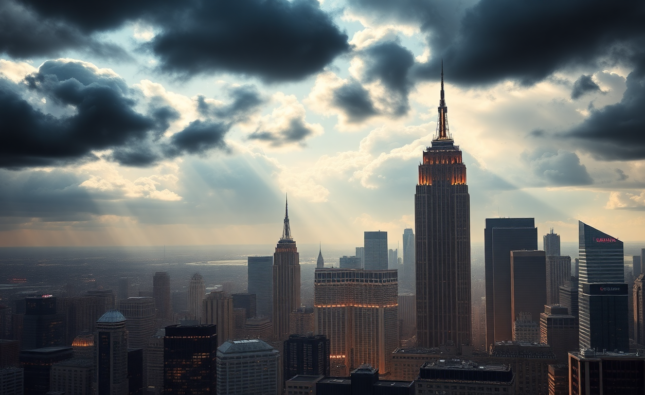
Federal Judge Orders Release of Columbia Student Mohsen Mahdawi After Detention
Introduction
The academic and legal communities are abuzz following the release of Palestinian student activist Mohsen Mahdawi from immigration detention, a case that has stirred significant discussion on constitutional rights and immigrant activism. A federal judge has intervened amid allegations of politically motivated detention, sparking debate over the implications for immigrant students and their advocacy activities in the United States.
Background of the Case
Federal Judge Geoffrey W. Crawford ordered the release of Mahdawi, a Palestinian Columbia University student and legal permanent resident, from immigration detention on bail pending the outcome of his habeas petition. The charge against Mahdawi stemmed from alleged participation in pro-Palestinian protests, drawing attention to First Amendment rights and raising questions about the broader implications for student activists.
Inciting Incident and Detention
Mahdawi was detained by immigration authorities on April 16, 2025, after appearing for his U.S. citizenship interview, despite having maintained legal permanent resident status for a decade. This backdrop of immigration detention highlights the challenges faced by student activists under current administration policies. The federal government, citing “serious adverse foreign policy consequences,” initiated removal proceedings, prompting judicial intervention.
Rejecting the government’s request for a seven-day delay in Mahdawi’s release, Judge Crawford also put forth a temporary order to bar governmental removal from Vermont or deportation while legal proceedings continued. Legal advocates suggest the arrest was retaliatory against Mahdawi’s protest leadership at Columbia, centering legal debates on the rights of non-citizen residents to dissent and demonstrate.
Public Response and Advocacy
Addressing supporters in Burlington, Vermont, upon his release, Mahdawi underscored his stance against antisemitism while expressing solidarity with both Palestinian and Jewish communities. His case has attracted substantial media and public attention, bringing to fore the precarious position of student activists under government scrutiny. Moreover, Mahdawi’s future ambitions at Columbia, including his upcoming master’s program, are pursued amid ongoing immigration legal battles.
Conclusion
The case of Mohsen Mahdawi not only underscores the ongoing tensions surrounding pro-Palestinian activism within academic institutions but also serves as a critical juncture in the discussion of constitutional rights applicable to immigrant students. As legal advocates remain vigilant, the debate continues over the extendable intrinsic rights afforded to legal permanent residents involved in activism and protest. The broader implications highlight an essential need for navigating such complex intersections of law, policy, and individual rights within immigration frameworks.
For further updates on cases involving the rights of immigrant students, subscribe to our newsletter and participate in the ongoing dialogue by sharing your thoughts below.
FAQ
What led to Mohsen Mahdawi’s detention?
Mohsen Mahdawi was detained following his U.S. citizenship interview, amidst allegations linking his detention to his pro-Palestinian protests at Columbia University.
How did Judge Geoffrey W. Crawford respond to Mahdawi’s detention?
Judge Crawford ordered Mahdawi’s release on bail and rejected the government’s request to delay this release, further issuing an order preventing Mahdawi’s deportation from Vermont pending legal outcomes.
What are the implications for the rights of immigrant activists?
The case emphasizes critical legal perspectives on the rights of non-citizen residents, particularly student activists, highlighting constitutional protections within the broader narrative of dissent and protest.










Comments